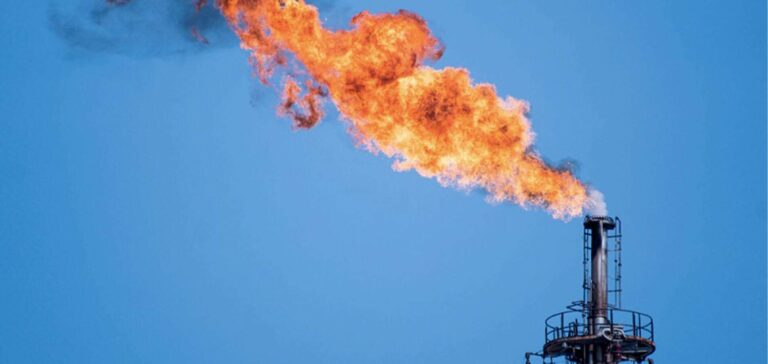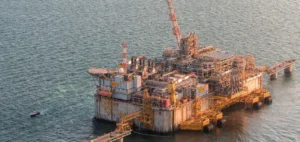The planned gas agreement between Egypt and Israel will advance the joint project to create an energy hub to Europe.
Gas exploration and production are major geopolitical issues in the Eastern Mediterranean.
On the one hand, there is the Israeli-Egyptian axis, supported by Greece and the Republic of Cyprus.
On the other, the Turkish axis supported by Russia.
2 strategies, 1 sea.
Israeli-Egyptian gas agreement: a future energy hub for Europe
This gas agreement includes the construction of an offshore gas pipeline.
It will enable Israeli natural gas to be transported from Leviathan to Egyptian infrastructures.
The two countries have been cooperating on energy issues for several years.
In 2019, they have agreed that Israel will supply gas to Egypt for 15 years.
85 billion m3 will be delivered from 2020.
For a long time, the Hebrew state depended on Egypt for its gas supplies.
But since the discovery of the Tamar field in 2009 (318 km3) and the Leviathan field in 2010 (605 km3), its status has changed.
It is now an exporter.
For its part, despite a drop in exports between 2000 and 2013, Egypt has regained an important position.
It now relies on its Zohr field (850 km3).
Supplying Europe and competing with Russian exports
Faced with low local demand for gas, the two states are aiming to supply the European market with liquefied gas.
Especially as Europe seeks to reduce its dependence on Russia.
What’s more, construction of Nord Stream 2 could be jeopardized by US sanctions.
Instead, the European Union supports the EastMed project, which would supply 10% of its gas needs.
This 2,200km pipeline would transport gas from Israel and Cyprus via Greece and Italy.
A united front with American backing
Egypt is also taking the opportunity to send a message to the Biden administration.
It shows him that the country is indispensable to regional security, even positioning itself as a mediator in the Israeli-Palestinian conflict.
Egypt also supported the Abraham Accords signed between Israel and the Arab countries of Bahrain and the United Arab Emirates.
This normalization process took place under the leadership of Donald Trump, then President of the United States of America, with the clear aim of strengthening his positions against Iran.
However, despite the ongoing mediation, certain human rights issues could cool Israeli-Egyptian relations.
Conversely, their relationship could be strengthened in the energy field.
Not against Iran, but against Turkey.
Strengthening cooperation to counter Turkish ambitions
A regional alliance has formed against Turkey to exclude it from gas discoveries.
This is the Eastern Mediterranean Gas Forum, set up in 2019.
Since January 2020, this intergovernmental organization has been based in Cairo.
It currently includes Israel, Egypt, Cyprus, Greece, the Palestinian Authority, Jordan and Italy.
Improved cooperation between these countries will enable them to offer competitive prices on the global gas market.
Discussions are also underway on EastMed, despite Egypt’s reluctance.
Erdogan takes a dim view of this project, which would compete with the TurkStream pipeline that is to carry Russian gas from Turkey to Europe.
Facing up to Turkey’s expansionist policy
Turkey remains dependent on gas imports, notably from Russia and Iran.
Thanks to the energy wealth of the Mediterranean seabed, it sees an opportunity to break out of this situation.
It is therefore pursuing an aggressive Blue Homeland policy aimed at exploring remote marine areas.
It regularly encroaches on the exclusive economic zones (EEZs) of other nations.
The agreement reached with Fayez el-Sarraj allows it to undertake legal operations in Libyan waters.
Finally, the eastern part of the Mediterranean Sea is the scene of a struggle between powers for access to gas-rich areas.
The conclusion of the agreement between Israel and Egypt should shift the balance of power somewhat in their favor.
This, against Russia, Turkey and, indirectly, Iran.






















